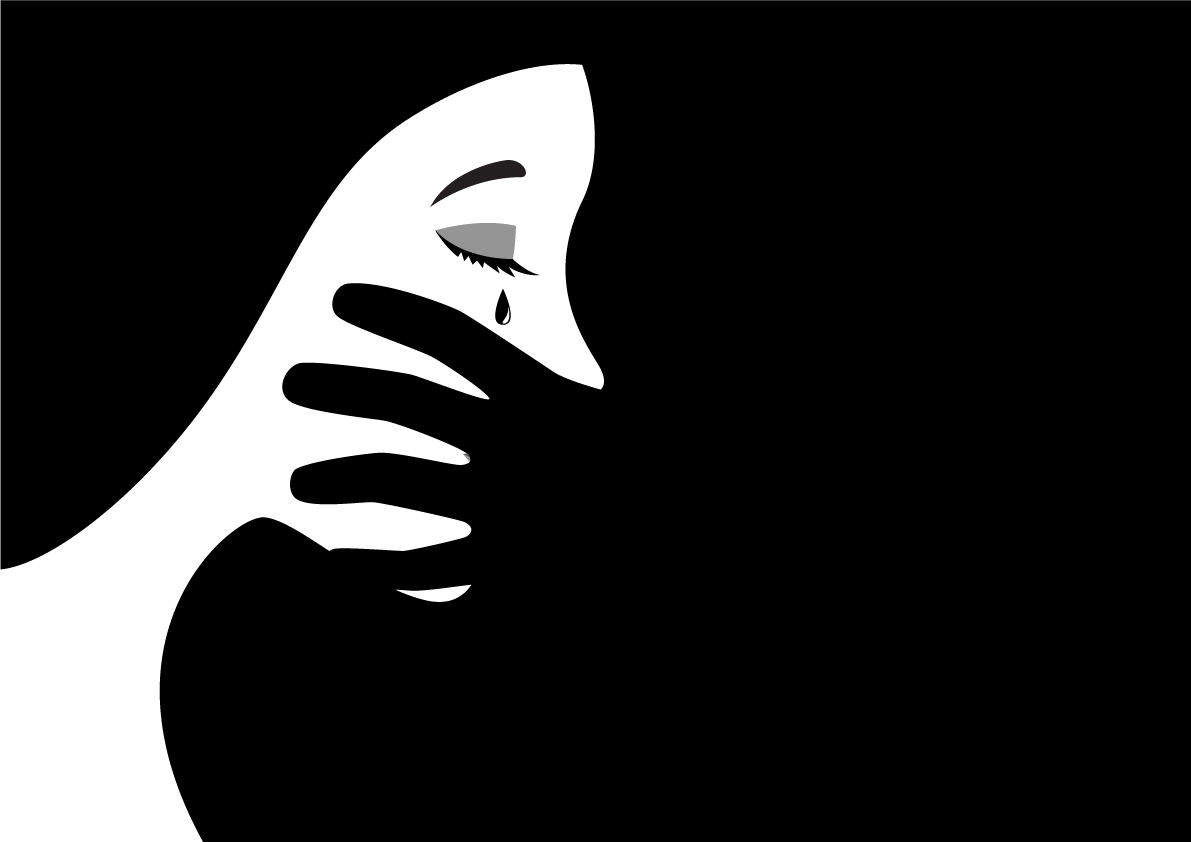When Medical Leave Ends in Wrongful Termination
An employee suffers a major health crisis, takes legally protected medical leave, and keeps their employer informed. Yet, upon recovery, they find their job has been terminated. This scenario is not just a hypothetical; it is an unfortunate reality for many workers. In the United States, an estimated 150,000 workers are illegally fired or retaliated against each year for taking family or medical leave. This act, known as wrongful termination, violates federal and state laws designed to protect employees during their most vulnerable times.
Wrongful termination occurs when an employer fires an employee for an illegal reason, such as discrimination or in retaliation for exercising a legal right. Laws such as the Family and Medical Leave Act (FMLA) and the Americans with Disabilities Act (ADA) provide crucial protections for employees who need time off for serious health conditions. Understanding these rights is the first line of defense against unlawful employment practices. This article will explore what constitutes wrongful termination after medical leave, examine a real-world case, and outline the steps you can take if you believe your rights have been violated.
Understanding Your Right to Medical Leave
Federal law provides a safety net for employees who need to take time off for significant health issues, either their own or a family member’s. The primary law governing this is the Family and Medical Leave Act (FMLA).
Eligibility and Rights Under the FMLA
The FMLA allows eligible employees of covered employers to take unpaid, job-protected leave for specified family and medical reasons. To be eligible, you must:
- Work for a covered employer (private-sector employer with 50 or more employees, public agencies, or schools).
- Have worked for the employer for at least 12 months.
- Have worked at least 1,250 hours during the 12 months before the start of leave.
- Work at a location where the employer has at least 50 employees within 75 miles.
Under the FMLA, eligible employees can take up to 12 weeks of leave in 12 months for a serious health condition that prevents them from performing their job. During this leave, your employer is legally obligated to maintain your group health insurance coverage under the same terms as if you had continued to work. Most importantly, upon your return, you must be restored to your original job or an equivalent position with the same pay, benefits, and other terms of employment.
Employer Obligations and Restrictions
Employers cannot interfere with, restrain, or deny the exercise of any FMLA right. They are also prohibited from retaliating against an employee for taking FMLA leave. This means they cannot fire, demote, or otherwise discipline you simply because you took necessary medical leave. They must hold your job open for you and cannot use your absence as a justification for termination.
What Constitutes Wrongful Termination After Medical Leave?
Wrongful termination after medical leave occurs when an employer fires an employee for reasons that violate the FMLA, ADA, or other applicable state laws. It is not about being fired for a reason you disagree with; it is about being fired for a reason that is legally prohibited.
Examples of unlawful actions include:
- Direct Retaliation: Firing an employee specifically for taking approved medical leave.
- Pretextual Termination: Firing an employee for a fabricated reason, such as “poor performance” or “job abandonment,” when the real reason is their medical leave.
- Disability Discrimination: Terminating an employee due to their underlying medical condition, which may be considered a disability under the ADA. The ADA requires employers to provide reasonable accommodations for employees with disabilities, including extended leave, unless doing so would cause an undue hardship.
- Failure to Reinstate: Refusing to return an employee to their original or an equivalent position after their FMLA leave ends.
These actions not only violate federal law but also undermine the very purpose of medical leave protections: to allow employees to address serious health needs without fear of losing their livelihood.
Case Study: Ortiz v. Elevance
The story of Mr. Ortiz unfolds as a heartbreaking example of alleged wrongful termination, illustrating the profound challenges faced by dedicated employees during times of medical crisis. After undergoing emergency open-heart surgery in February 2022, Mr. Ortiz found himself in a difficult situation, requiring an extended medical leave to recover from painful complications.
For nearly 20 years, Mr. Ortiz had been a loyal and exemplary employee at Elevance/Anthem/Blue Cross, advancing to the Senior Underwriter role with an annual salary of approximately $147,000. Throughout his tenure, he meticulously adhered to company protocols, informing his supervisor about his surgery and consistently submitting the necessary medical authorizations to extend his leave, which was officially sanctioned until February 2, 2023.
However, in a troubling turn of events in October 2022, Mr. Ortiz received an alarming email from his supervisor, accusing him of being on “unapproved leave” and threatening termination for “job abandonment” if he did not respond within three days. The letter contained a chilling warning: “you are not eligible for rehire.”
With a sense of despair but determination, Mr. Ortiz promptly reached out to his supervisor, clarifying that his leave was indeed medically authorized and expressing his unwavering desire to return to work once he received the green light from his doctors. “I have not abandoned nor do I plan on abandoning my job,” he stated poignantly in a follow-up email.
Tragically, on October 10, 2022, Mr. Ortiz was abruptly terminated. At a time when he needed support the most, the company, a well-known healthcare giant, seemed to turn its back on him. The lawsuit alleges that this termination was used as a pretext and raises concerns about discrimination, highlighting how a similarly situated white employee was allowed to take over a year of leave without penalty. Additionally, when Mr. Ortiz applied for another position within the company that matched his qualifications, he was rejected—without explanation.
This case poignantly illustrates the struggles employees face as they try to navigate their health needs while standing up for their rights. It underscores the critical importance of protecting individuals and ensuring compassionate treatment, especially during life’s most challenging moments.
What to Do If You Believe You Were Wrongfully Terminated
If you find yourself in a situation similar to Mr. Ortiz’s, it is crucial to act swiftly to protect your rights.
- Gather Documentation: Collect all relevant documents, including your employment contract, performance reviews, emails regarding your leave, medical certifications, and your termination letter.
- File a Complaint: You can file a complaint with federal or state agencies. For FMLA violations, you can file a complaint with the U.S. Department of Labor’s Wage and Hour Division (WHD). For disability discrimination, you can file a charge with the Equal Employment Opportunity Commission (EEOC). There are strict deadlines for filing, so do not delay.
- Consult an Employment Attorney: An experienced employment lawyer can assess the details of your case, explain your legal options, and help you navigate the complexities of filing a lawsuit. They can advocate on your behalf to seek remedies such as reinstatement, back pay, and other damages.
How Employers Can Prevent Wrongful Termination Claims
Employers can take proactive steps to ensure compliance and foster a supportive workplace culture.
- Develop Clear Policies: Create and distribute a clear, FMLA-compliant medical leave policy that outlines employee rights and responsibilities.
- Train Managers: Ensure all supervisors and HR personnel are thoroughly trained on FMLA, ADA, and state leave laws. Managers must understand that they cannot discipline or retaliate against employees for taking protected leave.
- Maintain Consistent Practices: Apply leave policies fairly and consistently to all employees to avoid claims of discrimination. Document all communications and decisions related to employee leave requests.
Protecting Your Rights and Livelihood
Losing your job is devastating, but losing it illegally while recovering from a serious medical condition is an injustice no one should face. Federal and state laws were established to prevent this very outcome, ensuring that employees can prioritize their health without sacrificing their financial security.
If you believe your employer has violated your rights by terminating you after a medical leave, it is vital to understand that you are not powerless. By documenting your situation and seeking expert legal guidance, you can hold your employer accountable and fight for the justice you deserve. Do not hesitate to contact an experienced employment attorney to discuss your case and explore your options.



